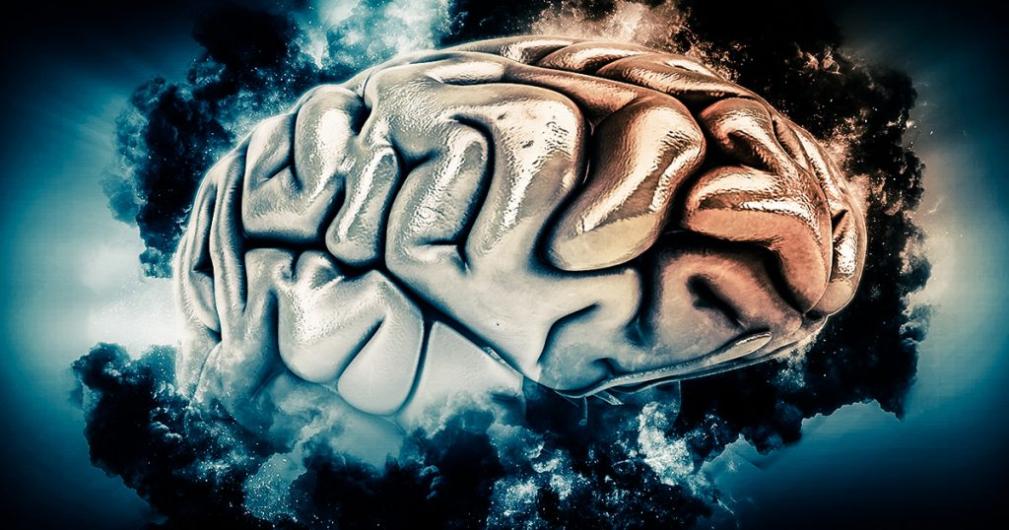What Are the Latest Advances in Brain Research for Firefighters?
Firefighters are exposed to a unique set of challenges and risks in their line of duty. These risks can have a significant impact on their brain health, making brain research a critical area of study for this population.

The Impact Of Firefighting On Brain Health
Firefighting can affect brain health in a number of ways. The physical and mental demands of the job can increase the risk of traumatic brain injury (TBI), stroke, and neurodegenerative diseases. Additionally, firefighters are often exposed to toxic chemicals and gases, which can also have harmful effects on the brain.
- Traumatic Brain Injury (TBI): Firefighters are at an increased risk of TBI due to the nature of their work. They may suffer head injuries from falls, falling objects, or blunt force trauma.
- Stroke: The physical exertion and stress of firefighting can increase the risk of stroke. Firefighters are also more likely to have high blood pressure and other cardiovascular risk factors, which can further increase their stroke risk.
- Neurodegenerative Diseases: Firefighters may be at an increased risk of neurodegenerative diseases, such as Alzheimer's disease and Parkinson's disease. This is likely due to a combination of factors, including exposure to toxic chemicals, head injuries, and chronic stress.
Advances In TBI Research
There have been a number of recent advances in TBI research that are relevant to firefighters. These advances include the development of new diagnostic tools, treatments, and preventive measures.
- Diagnostic Tools: New imaging techniques, such as diffusion tensor imaging (DTI) and magnetic resonance spectroscopy (MRS), can help to diagnose TBI more accurately and quickly.
- Treatments: New treatments for TBI are being developed, such as neuroprotective drugs and surgical interventions. These treatments can help to improve outcomes for firefighters who suffer a TBI.
- Preventive Measures: New preventive measures are also being developed to reduce the risk of TBI in firefighters. These measures include the use of improved helmets and other protective gear, as well as training programs that teach firefighters how to avoid head injuries.
Neuroprotective Strategies
In addition to advances in TBI research, there is also growing interest in neuroprotective strategies for firefighters. These strategies are designed to protect the brain from the harmful effects of toxic chemicals, head injuries, and chronic stress.
- Antioxidants: Antioxidants are substances that can help to protect cells from damage caused by free radicals. Some antioxidants, such as vitamin E and vitamin C, have been shown to protect the brain from damage caused by TBI and other brain injuries.
- Anti-inflammatory Agents: Anti-inflammatory agents are substances that can help to reduce inflammation in the brain. Inflammation is a natural response to injury, but it can also damage brain cells. Anti-inflammatory agents can help to protect the brain from damage caused by TBI and other brain injuries.
- Other Interventions: Other interventions that may be neuroprotective for firefighters include exercise, diet, and stress management. Exercise has been shown to improve brain function and protect against neurodegenerative diseases. A healthy diet can also help to protect the brain from damage. And stress management techniques can help to reduce the negative effects of stress on the brain.
Mental Health And Well-being

In addition to the physical risks to their brain health, firefighters also face a number of mental health challenges. These challenges include post-traumatic stress disorder (PTSD), depression, and anxiety.
- Post-traumatic Stress Disorder (PTSD): PTSD is a mental health condition that can develop after a person has experienced a traumatic event. Firefighters are at an increased risk of PTSD due to the nature of their work. They may witness or experience traumatic events, such as fires, accidents, and deaths.
- Depression: Firefighters are also at an increased risk of depression. This is likely due to a combination of factors, including the stress of the job, the long hours, and the lack of sleep.
- Anxiety: Firefighters may also experience anxiety, both in the line of duty and in their personal lives. This is likely due to the high-stress nature of their work and the uncertainty of their job.
Future Directions In Brain Research
There are a number of promising areas of research that hold promise for improving brain health in firefighters. These areas include the use of artificial intelligence, personalized medicine, and other cutting-edge technologies.
- Artificial Intelligence: Artificial intelligence (AI) is being used to develop new tools for diagnosing and treating brain injuries. AI can also be used to develop personalized treatment plans for firefighters who have suffered a brain injury.
- Personalized Medicine: Personalized medicine is an approach to healthcare that takes into account a person's individual genetic makeup, lifestyle, and environment. Personalized medicine can be used to develop treatments that are more effective and less likely to cause side effects.
- Other Cutting-Edge Technologies: Other cutting-edge technologies that are being used to improve brain health in firefighters include virtual reality (VR) and augmented reality (AR). VR and AR can be used to create immersive experiences that can help firefighters to learn new skills and cope with stress.
Conclusion
Brain research is a critical area of study for firefighters. The physical and mental demands of the job can increase the risk of brain injury, stroke, and neurodegenerative diseases. Additionally, firefighters are often exposed to toxic chemicals and gases, which can also have harmful effects on the brain. There have been a number of recent advances in brain research that are relevant to firefighters. These advances include the development of new diagnostic tools, treatments, and preventive measures. Additionally, there is growing interest in neuroprotective strategies for firefighters. These strategies are designed to protect the brain from the harmful effects of toxic chemicals, head injuries, and chronic stress. There are a number of promising areas of research that hold promise for improving brain health in firefighters. These areas include the use of artificial intelligence, personalized medicine, and other cutting-edge technologies. Continued investment in brain research is essential to ensure the safety and well-being of firefighters.
YesNo

Leave a Reply